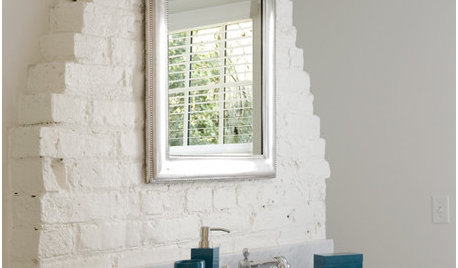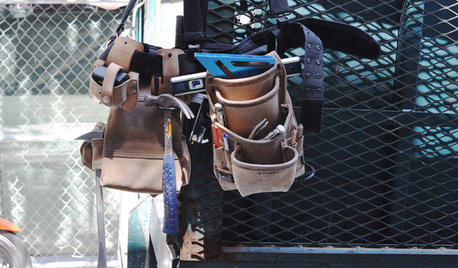Cheap and Free ways to start vermicomposting
plumiebear
13 years ago
Featured Answer
Sort by:Oldest
Comments (9)
borderbarb
13 years agolast modified: 9 years agopjames
13 years agolast modified: 9 years agoRelated Professionals
Maple Valley Landscape Architects & Landscape Designers · Allentown Landscape Architects & Landscape Designers · Panama City Landscape Architects & Landscape Designers · Williamsburg Landscape Contractors · Fort Payne Landscape Contractors · Hilo Landscape Contractors · National City Landscape Contractors · Suitland Landscape Contractors · Tamarac Landscape Contractors · West Coon Rapids Landscape Contractors · Shenandoah Landscape Contractors · Albany General Contractors · Elmont General Contractors · Fairview General Contractors · Los Alamitos General Contractorseaglesgarden
13 years agolast modified: 9 years agoiammarcus
13 years agolast modified: 9 years agopjames
13 years agolast modified: 9 years agoplumiebear
13 years agolast modified: 9 years agoellicottcitycathy
13 years agolast modified: 9 years agotobytub
13 years agolast modified: 9 years ago
Related Stories

BATHROOM DESIGN15 Cheap and Easy Ways to Makeover Your Bathroom
Makeover Magic Can Happen When You Think Outside the Bathroom Box
Full Story
BUDGET DECORATING15 Ways to Ready a Summer Home on the Cheap
Set up a comfy getaway where stress goes down the drain, without sending wads of cash along with it
Full Story
DECORATING GUIDESHow to Decorate When You're Starting Out or Starting Over
No need to feel overwhelmed. Our step-by-step decorating guide can help you put together a home look you'll love
Full Story
GARDENING GUIDES5 Easy Ways to Break Free of a Gardening Rut
Experience your garden in a whole new way — no big budget or major effort required — with these invigorating ideas
Full Story
BUDGET DECORATING21 Free Ways to Give Your Home Some Love
Change a room’s look or set a new mood without spending anything but a little time
Full Story
MOST POPULAR10 Things to Ask Your Contractor Before You Start Your Project
Ask these questions before signing with a contractor for better communication and fewer surprises along the way
Full Story
KITCHEN DESIGNKitchen Sinks: Soapstone for Germ-Free Beauty and Durability
Stains and bacteria? Not on soapstone's watch. But this sink material's benefits don't come cheap.
Full Story
GARDENING GUIDESGet on a Composting Kick (Hello, Free Fertilizer!)
Quit shelling out for pricey substitutes that aren’t even as good. Here’s how to give your soil the best while lightening your trash load
Full Story
BUDGET DECORATING10 Beautiful, Decorative Gifts to Make on the Cheap
Save money while spreading the love with these personal DIY projects (pssst ... you can even keep them for yourself)
Full Story
BUDGET DECORATINGEasy, Beautiful, Cheap: Managing the 3 Points of Home Projects
When you're decorating or building, it helps to be realistic about what's possible. Here are some equations to ponder
Full StorySponsored
More Discussions






piranhafem